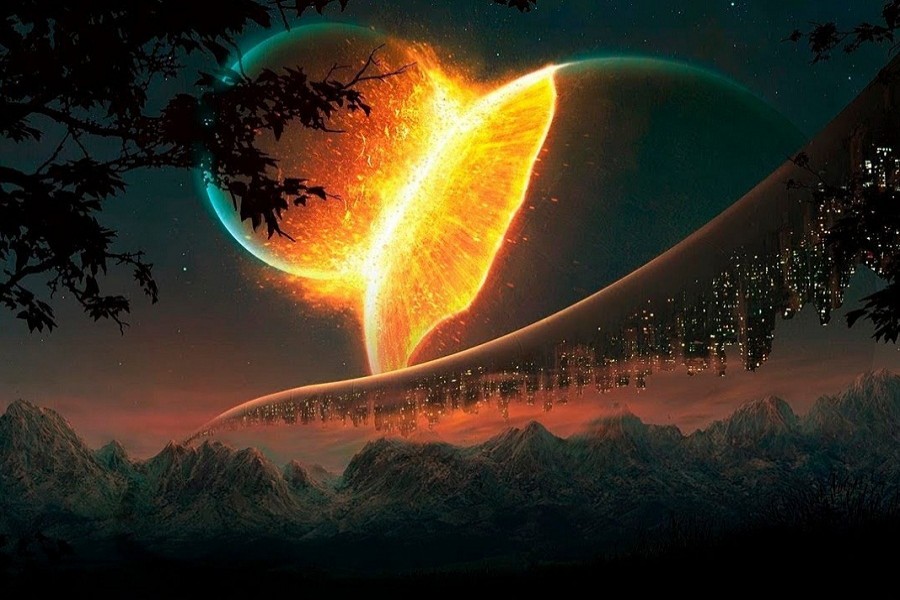The earth moves around the sun at a very high speed, precisely 1000 miles per hour. Yet, the planet is so big a landmass that we don't consciously feel this spinning speed.
What if the earth stops spinning on a fine morning suddenly? Will everything be alright, or will we notice emergency changes?
The effects will be catastrophic, to say the least. The most immediate and obvious effect would be a massive disruption of the planet's climate and weather patterns.
As the earth rotates on its axis, it experiences different seasons and temperatures. This is because different parts of the planet are exposed to different levels of sunlight at different times of the year.
Without rotation, the side of the earth facing the sun would be in perpetual daylight, while the side facing away would be in eternal darkness. This would lead to extreme temperatures on both sides of the planet, with the side facing the sun experiencing scorching heat and the side facing away experiencing freezing cold.
Additionally, the earth's rotation also helps to distribute heat around the planet, creating a more moderate climate overall. Without this rotation, the equator would be incredibly hot, while the poles would be incredibly cold. This would make it difficult for life to survive in many parts of the planet.
The earth's rotation also plays a key role in maintaining the planet's atmosphere. The rotation creates winds and currents that help to distribute heat and moisture around the planet. Without this rotation, the atmosphere would become stagnant, leading to extreme weather patterns such as hurricanes and tornadoes.
The earth's rotation also plays a role in maintaining the planet's magnetic field. The rotation causes the movement of molten iron in the earth's core, which generates the magnetic field.
Without this rotation, the magnetic field would weaken, leaving the planet vulnerable to solar winds and radiation.
The sudden stopping of the earth's rotation would also cause a massive amount of energy to be released. This energy would be released through seismic waves, leading to massive earthquakes and volcanic eruptions. This would cause widespread destruction and damage to the planet's surface.
In addition to all these, the sudden rotation stop would also cause the ocean currents to slow down, affecting marine life. It would also cause the tides to become much larger and more powerful, leading to severe coastal flooding.
Simply, the atmosphere would become stagnant, leading to extreme weather patterns - widespread forest fires, famines and extreme snowstorms in different parts of the world. In some parts, the soil will dry down, and in some other parts, it will freeze; agricultural production will be disrupted.
Some regions of the earth will find eternal spring or moderate weather too, and the human population from around the world would have to gather in those areas, leading to huge open spaces and densely populated spaces.
Most importantly, if the spinning stops suddenly like a hard break, things will start flying eastward. Huge mountains, trees, and residential houses will move from their places before they can burn the kinetic energy they have been in. Massive-scale earthquakes and tsunamis to unprecedented levels will be triggered.
If the earth suddenly stops spinning, there is a high chance that the human species will go extinct from the planet due to extreme weather, natural calamities, and sudden shocks.


